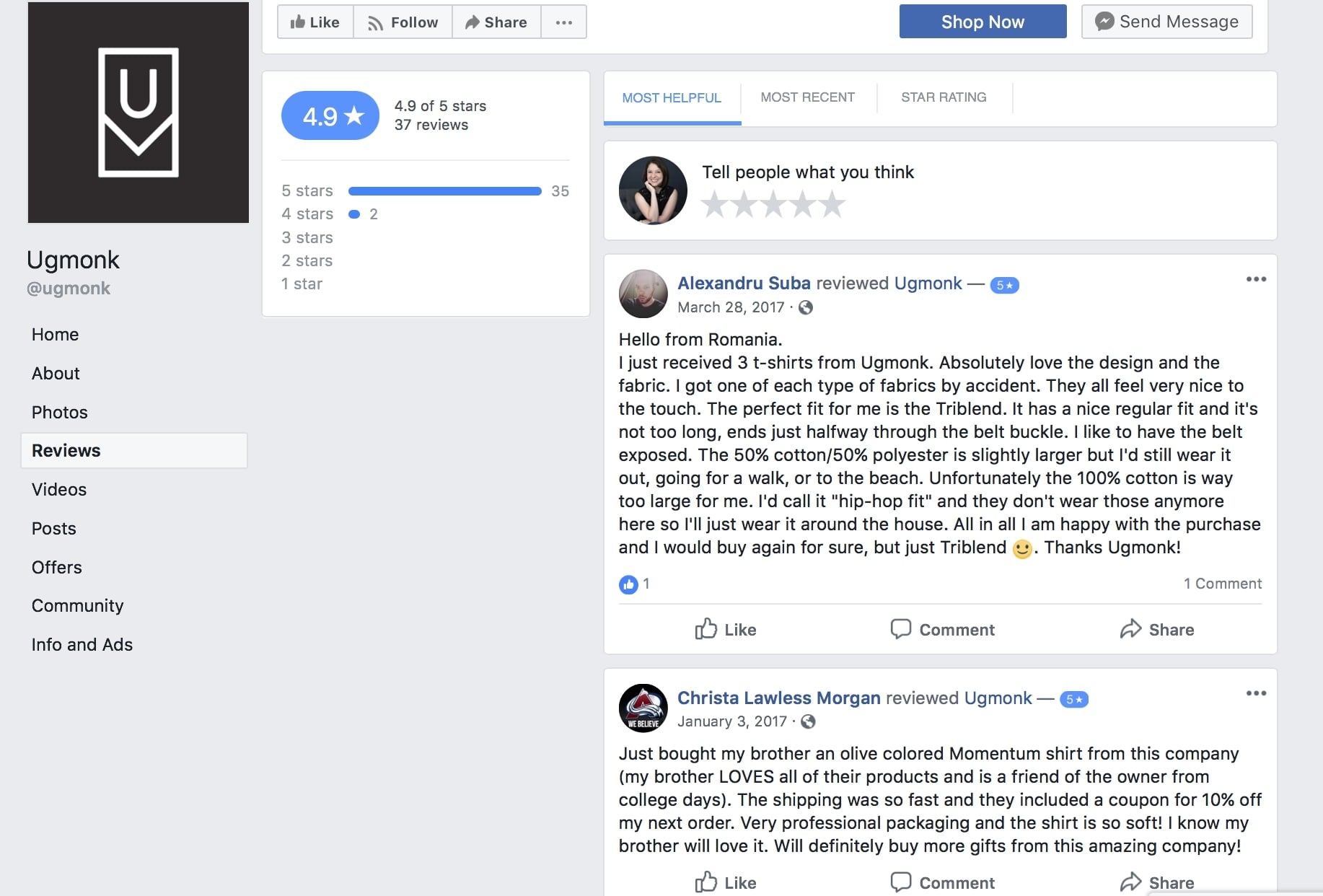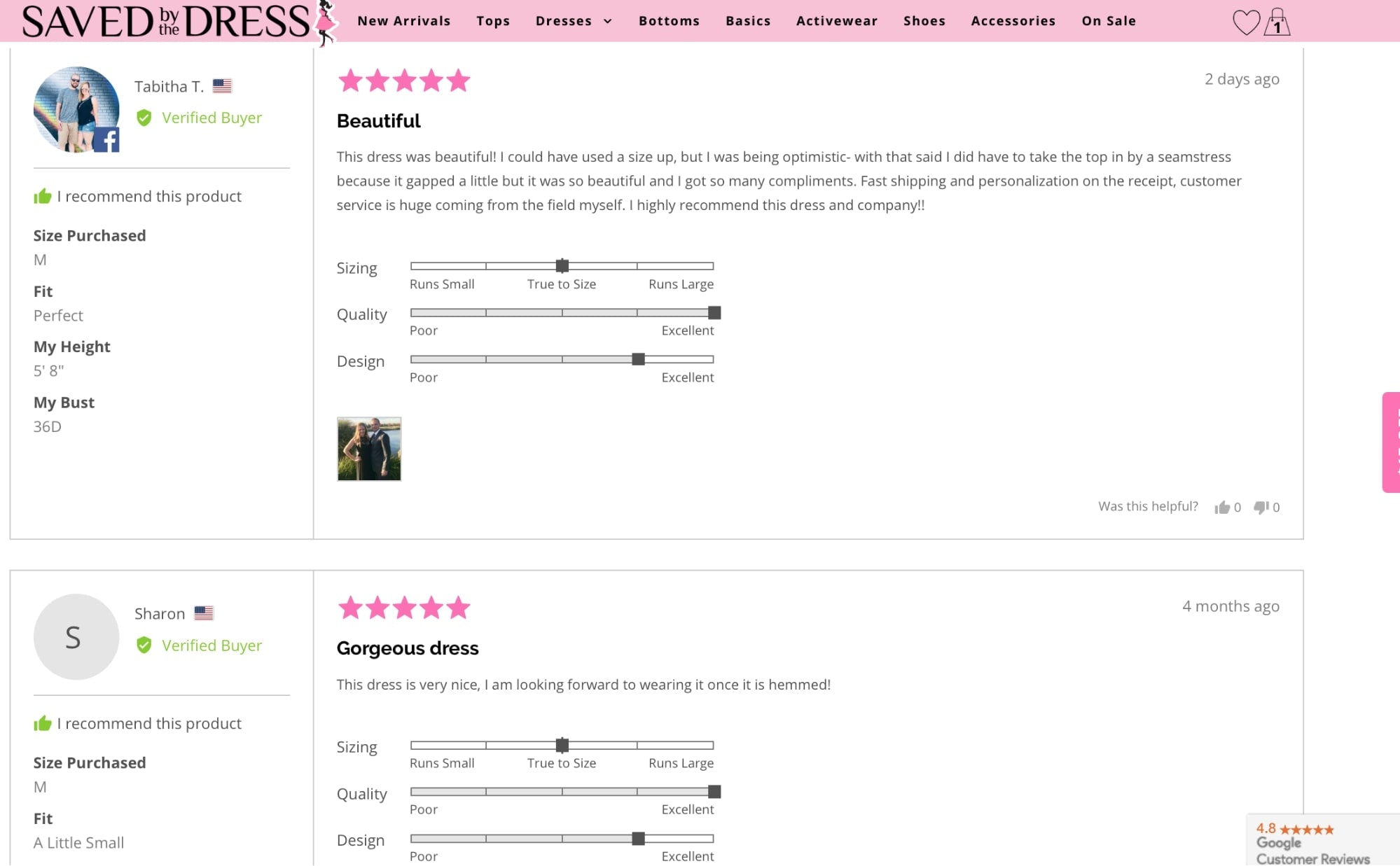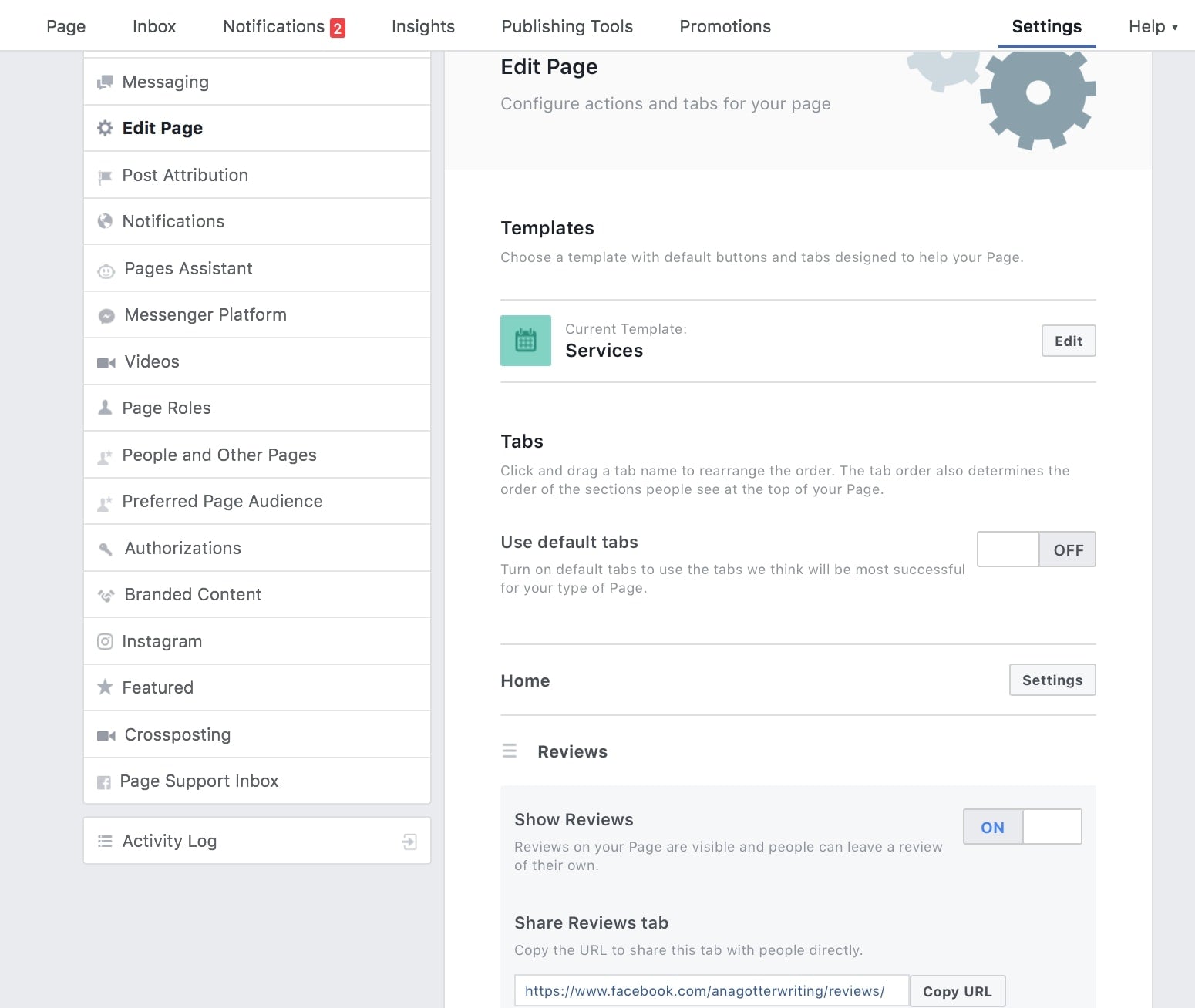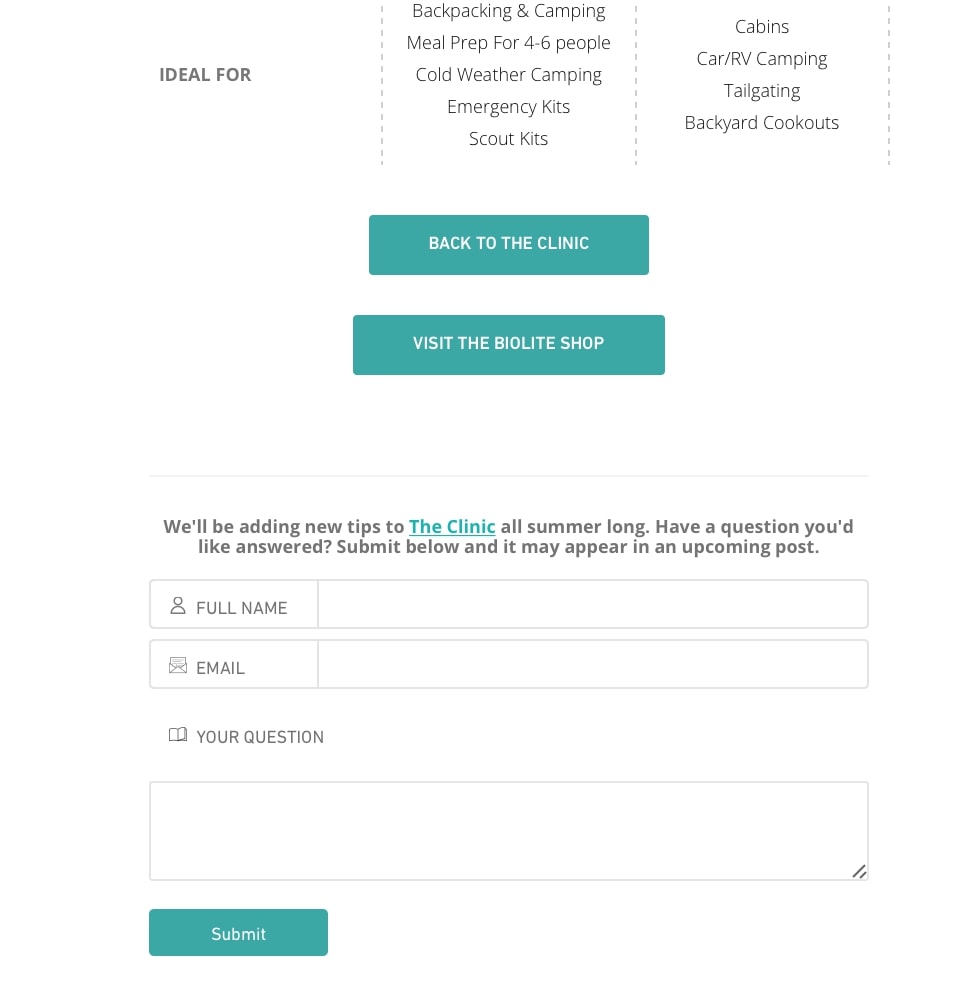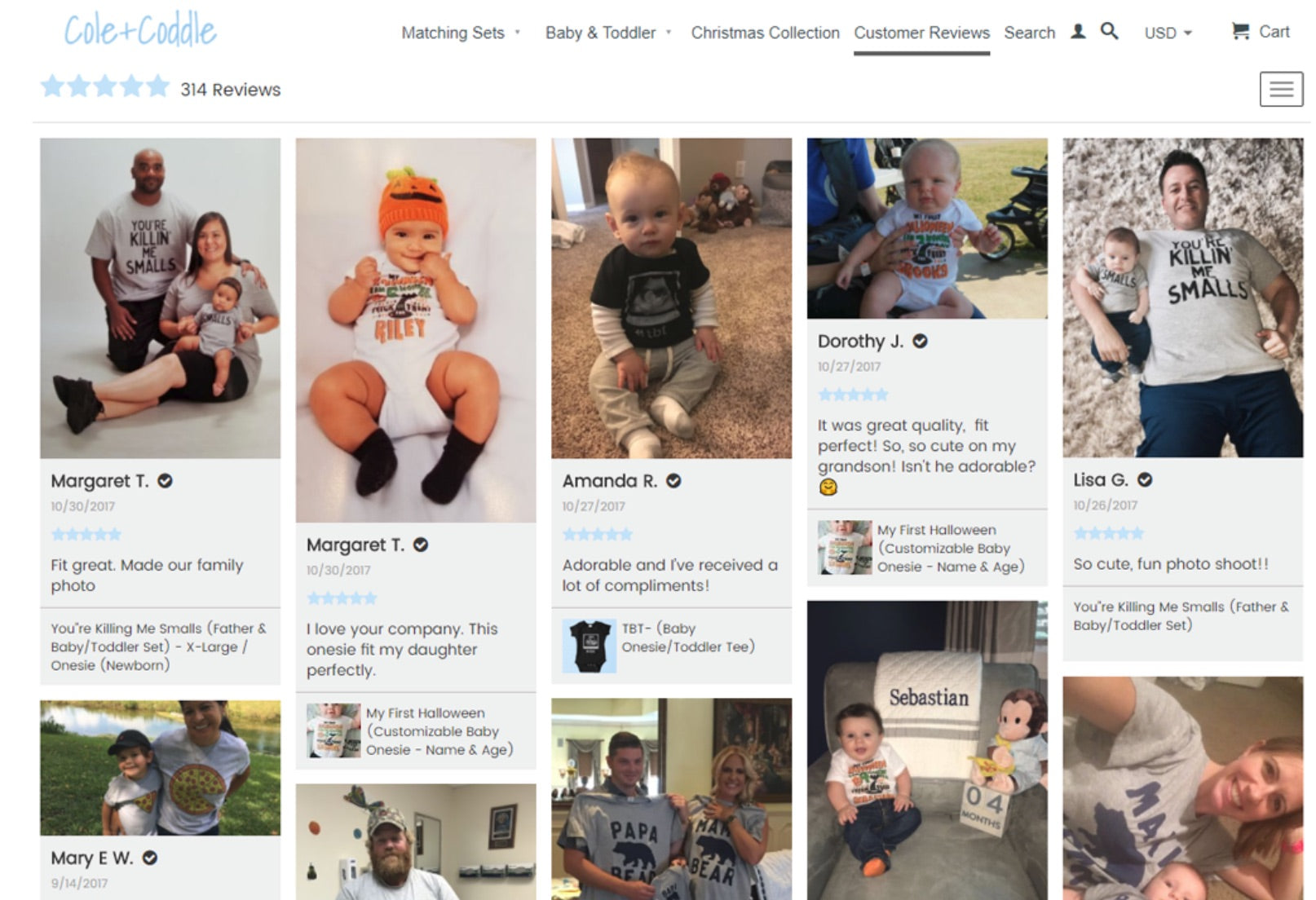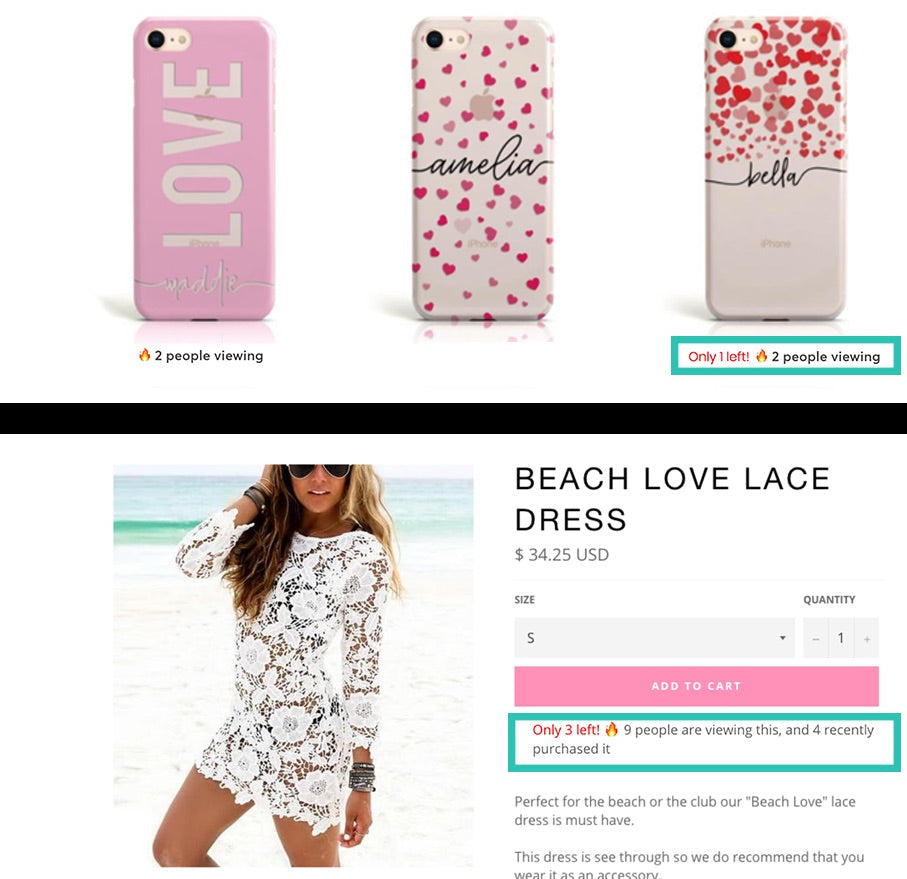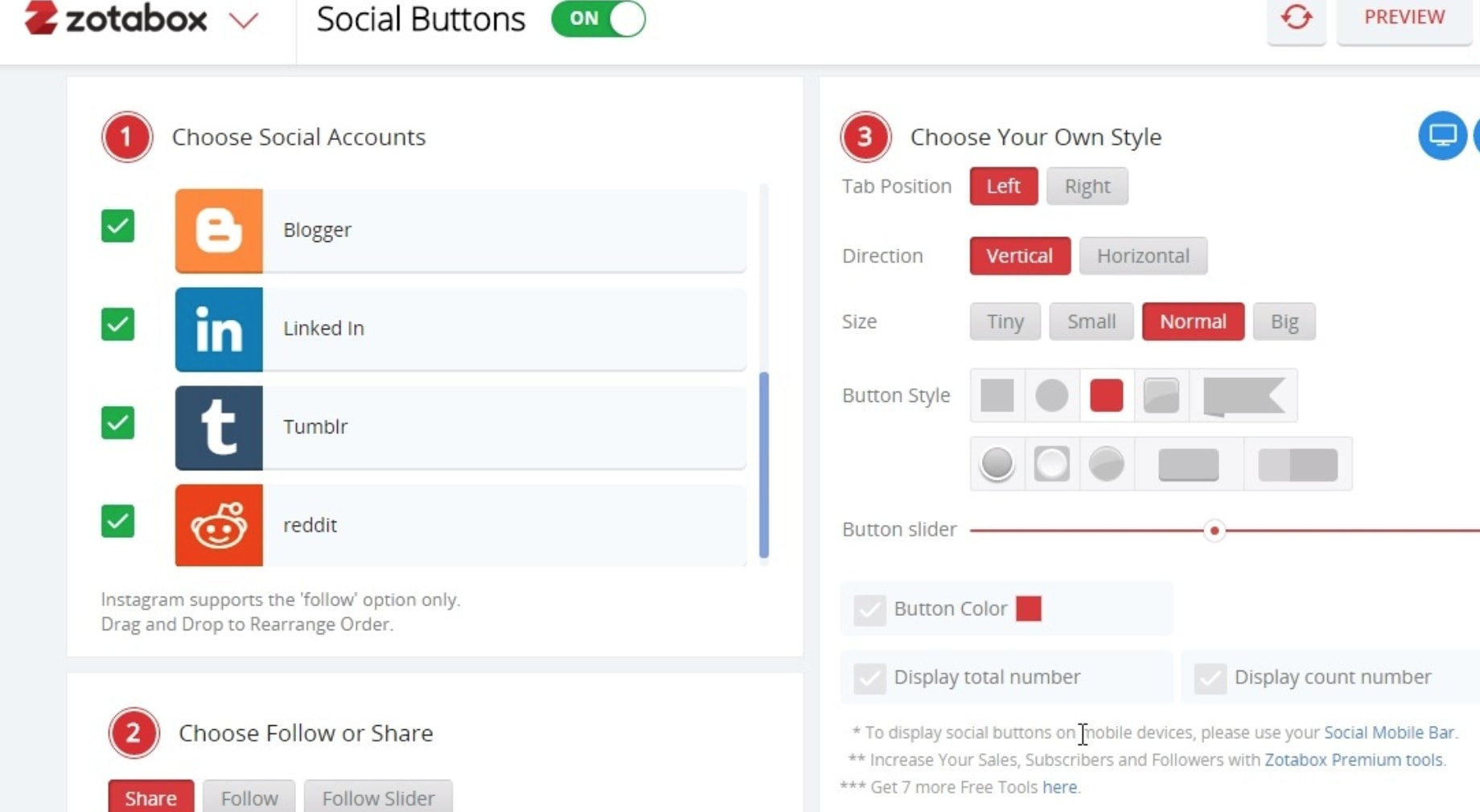Cold traffic can be hard to convert. New visitors don't just become customers the first time they come across your business—you need to earn their trust first.
Social proof, however, can facilitate that process. It’s one of the most effective levers an ecommerce business has for building trust, and it has the potential to become even more powerful as you grow.
But what exactly is this fundamental marketing principle and how can you use it to influence visitors and drive sales?

Free Reading List: Conversion Optimization for Beginners
Turn more website visitors into customers by getting a crash course in conversion optimization. Access our free, curated list of high-impact articles below.
Get our Conversion Optimization reading list delivered right to your inbox.
Almost there: please enter your email below to gain instant access.
We'll also send you updates on new educational guides and success stories from the Shopify newsletter. We hate SPAM and promise to keep your email address safe.
What is social proof and why is it so valuable?
Social proof is a psychological theory, popularized byDr. Robert Cialdini, that describes our tendency to rely on the opinions or actions of others to inform our own.
Whether you're familiar with social proof or not, chances are it has influenced decisions—both big and small—throughout your life. Leveraging the appeal of following the "wisdom of the crowd," social proof captures our attention because we're naturally curious about what's happening, why it's happening, and what the correct behavior or response is.
Social proof makes people pause to check out a social media post because it's buzzing with high engagement numbers. It gets them to take a chance on an unknown brand because of the good things others are saying about it. It's also the reason you check out a TV show that everyone seems to be raving about.
Social proof works because it validates a choice, saying that it’s worth your time, money, or interest by using other people as proof.
Let’s look at examples of social proof in advertising. Which of the two ads would you be more likely to click, and why?
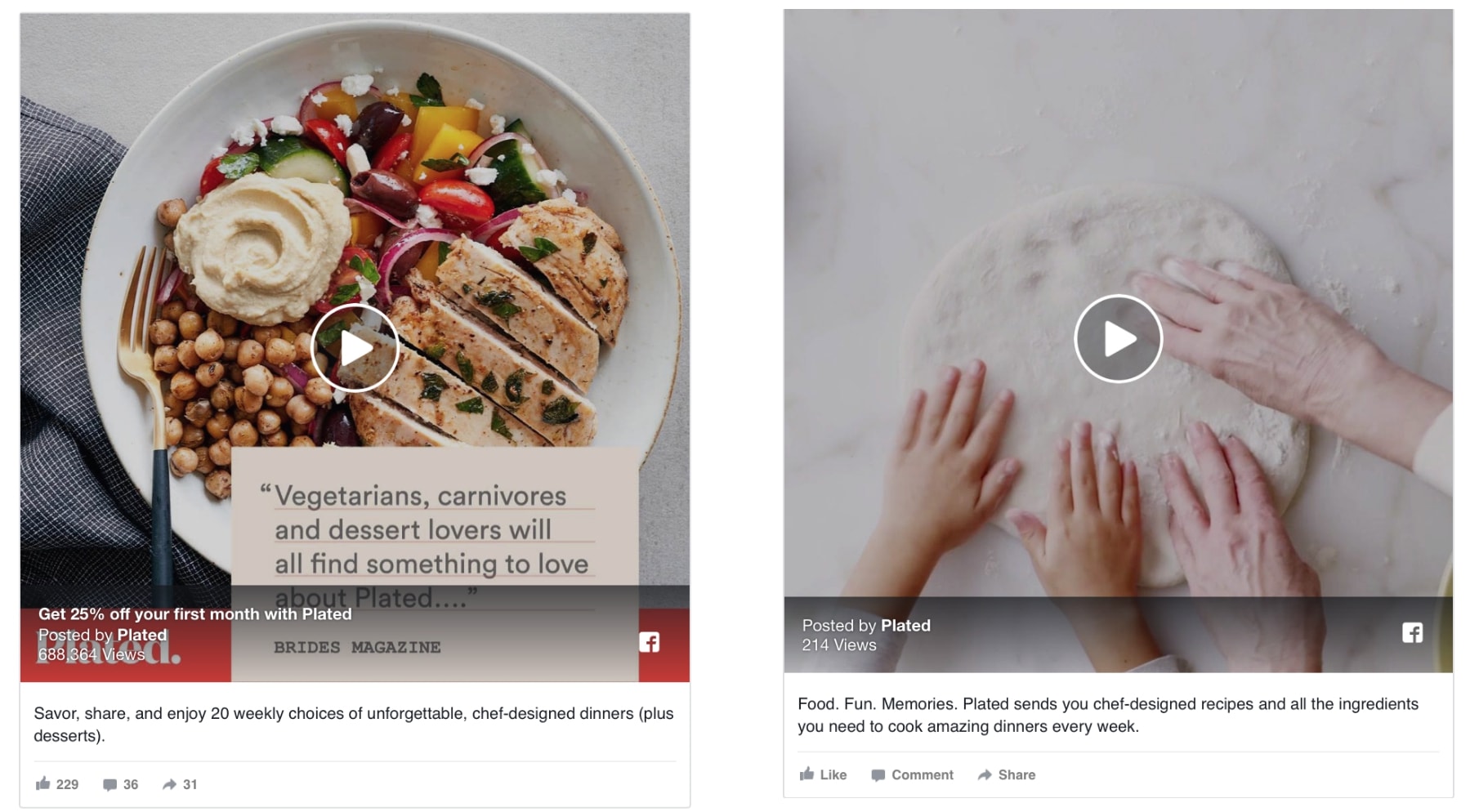
They’re both about the same brand, they’re both videos, and they’re advertising the same thing. The biggest difference is that one has social proof in the form of engagement and a testimonial from a magazine. The other doesn’t. If I had to bet, you're probably more drawn to the one with social proof.
That's the different social proof can make in your online marketing efforts.
Of course, there are many different forms of social proof. Let’s take a look at the most common types of social proof and how you can use them for your business.
Types of social proof
社会证明可以在任何网络platfo生成rm where you have a presence, including your site and preferred social networks. It can be diverse in how it manifests, and can cover a wide range of actions on different channels from different groups of people.
Popularity
Quantifiable signs of a brand's popularity are a common type of social proof, and it can get potential customers to feel better about buying from you, or at least be more inclined to check out what you’re selling.
For example, as a shopper, you'll probably judge an unfamiliar business based on their number of followers on any given social media account. A Facebook page with 57K Likes is bound to come across as more established than a page with 500.
Types of social proof that fit under this category also include:
- The number of likes, comments, views, and shares on social media posts
- Viewership numbers on live broadcasts on Facebook or Instagram
- Sharing the number of subscribers on your email list to get your audience to opt into it.
Public praise
Consumers trust what other people are saying online, and peer-driven praise will be your most effective selling tool.
In fact, according to a2017 survey, 85% of customers actually trust local online reviews as much as personal recommendations, and significantly more than marketing materials. These reviews will absolutely influence buying decisions, and it can be the difference between high bounce rates and high conversion rates.
There are two main types of public praise: reviews/ratings and user-generated content.
Reviews and ratings can be collected and displayed on your site, through an app, in open forums like Yelp, Facebook, or even Google. Both product reviews and general company reviews will benefit you, and customers will trust what their peers have to say.
User-generated content is the content your customers share online about your brand.
这个声名狼籍n takes the form of customers sharing posts that detail their experience with your product or brand on their personal accounts. They may tag you or use your hashtag. This isnotthe same as sponsored content, which makes it seem more authentic, and users trust it more.
If you can find this content and get permission, share it on your own channels.

Endorsements from trusted experts
Influencer marketing can be a tricky type of social proof to create. Paid-for partnerships aren’t always considered as authentic as peer-driven proof, but they can still be effective—especially if they’re genuine.
Content from influencers and industry experts that is shared publicly still counts as an endorsement. Micro-influencers, such as industry bloggers and complementary businesses within your niche, may have an influence that overlaps with your target audience, and these endorsements can ring true as long as the posts don’t read like a sales pitch.

Proof of demand
This form of social proof shows that not only are customers interested in what you’re saying, they’re actually buying from you. A large volume of sales showcases demand, and in a snowball effect, it can create more demand (and thus sales) as a result.
The easiest way to use this is to simply share how many orders you've fulfilled, incorporating it into your copywriting. Or likeLSTN, a social enterprise, you can showcase whatever metric is most relevant to your business and audience.
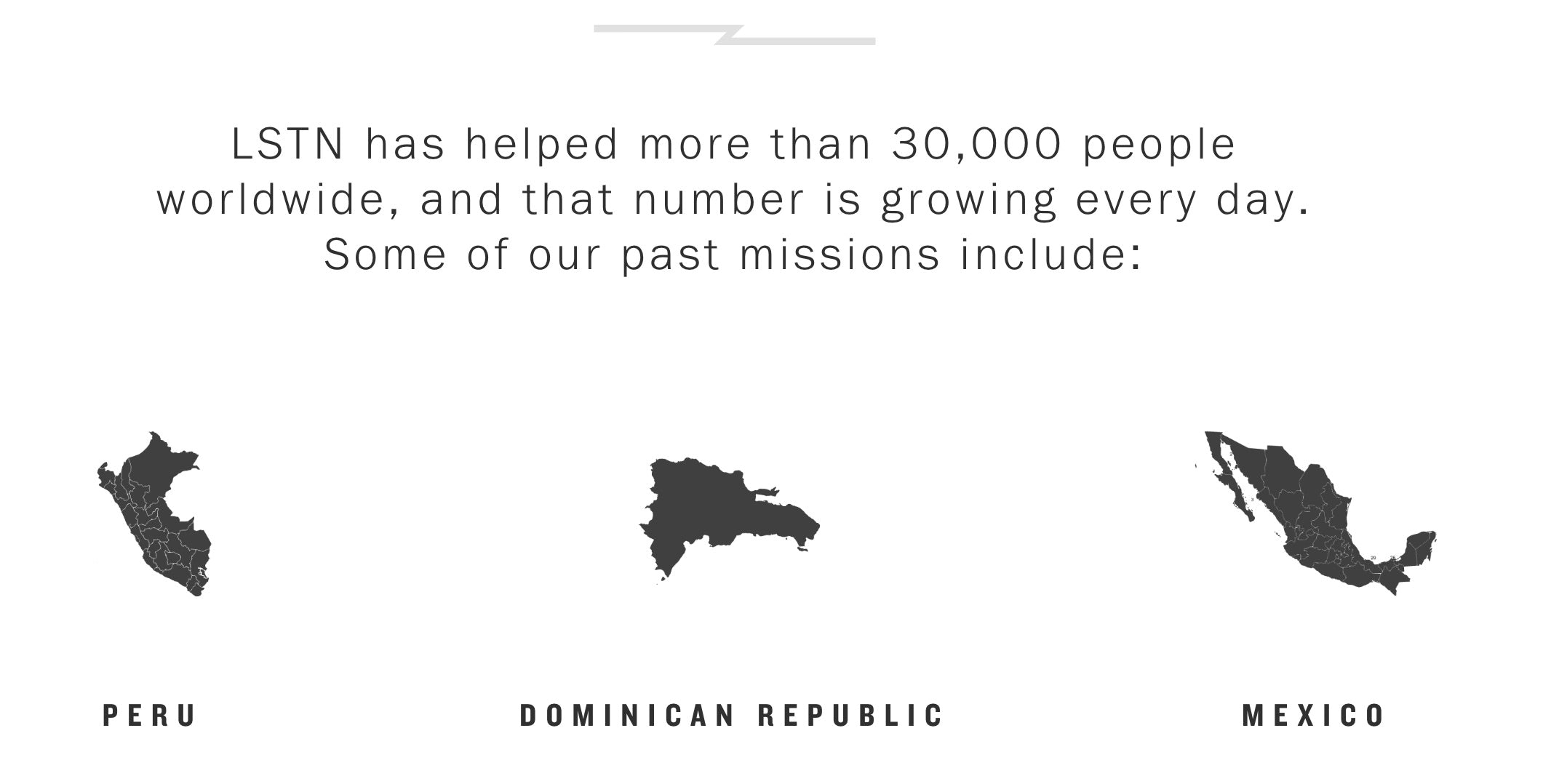
You can also, with the help of apps and tools, automatically make the following information visible to site followers to establish social proof:
- Number of items sold, which may be reflected in sales counters or simply by showing customers when supplies are low or sold out (harnessing another persuasive tool known asscarcity)
- Individual customers who recently purchased a specific products
- Number of customers currently viewing your site or a specific product page
Where to use social proof in your marketing
Social proof is an undeniably useful marketing principle that all ecommerce businesses should focus on trying to leverage in one way or another.
But how exactly do you do that?
Let’s take a look at the different places you can display social proof and how you can leverage it.
On your site
There are three common ways to leverage social proof on your site.
The first and often most popular approach is to feature customer reviews.
Try to cultivate and showcase reviews on individual product pages, especially if you can manage to capture some reviews with images. I know I’ve bought clothing before because the reviews convinced me to do so; seeing how great it looked on real people and hearing how they loved it was enough to get me to convert.
Shopify storeSaved By The Dressleverages reviews well on their site. Not only do they have reviews present on product pages that allow reviewers to add images if they choose, they also have a small tab on the bottom of the site that shows plenty of Google reviews are available about the brand too.
The second way to leverage social proof on your website is to feature user-generated content on your site.
Minaal, for example, showcases their backpacks through content from their customers' travels in their on-site Instagram gallery.
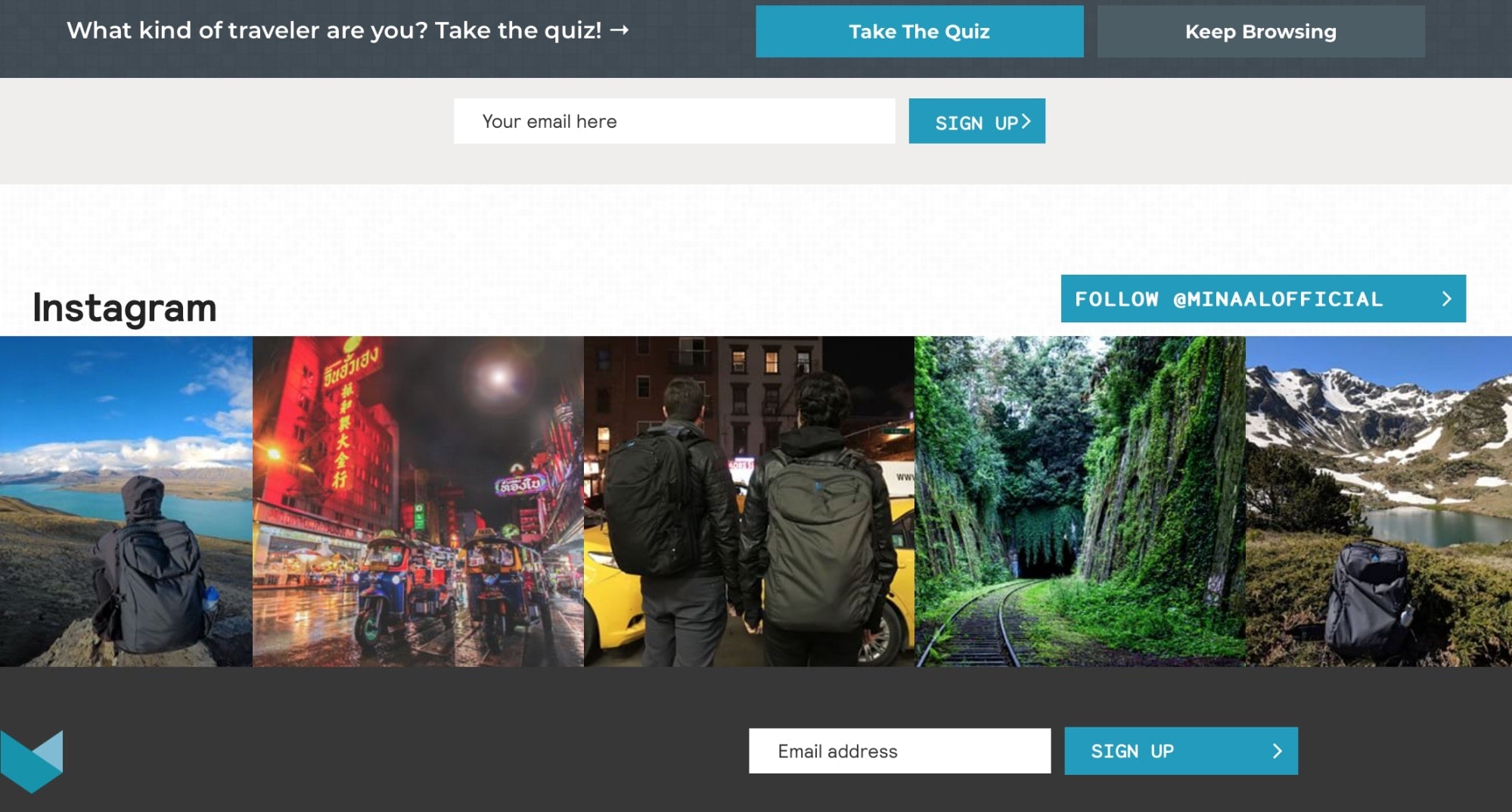
The third way is the simplest because it doesn't require a third party tool—just a bit of copywriting finesse. Let users know that you’ve made customers happy, and get specific with a concrete number, such as your customer satisfaction rate or the number of products sold.
在社交媒体上
社交媒体another ideal place to showcase social proof, because it may be one of the first places people turn to in order to find it. These sites may also be the first touch point for many new customers, so having a lot of highly visible social proof up front can encourage them to check out your site, too.
你可以通过关注engagement-buildingcampaigns rather than just sales-oriented content. Create content designed to generate conversations and followers on a social media platform. Several examples of this include:
- Instagram Stories that use polling stickers and ask users to choose between two options; the answers are visible in real-time
- Social media contests that ask users to tag a friend, caption a photo, or share a picture with your branded hashtag
- Posts like the one below fromDripDrop ORSasking users how they’ll stay active in the winter

Many of your engagement-building campaigns can be used to source or leverage UGC in the form of product images that come directly from the users themselves.
Feature this on your channels by sharing it (with permission) and then tagging the original poster. Remind other users that if they share their experience, they could be featured on your channel, too.
Many customers love this, and it helps them feel appreciated, so they might be inclined to share content about your brand in the future.Pipcorndoes this well in the example below.
You can also create a strong impression right off the bat by pinning a post of your choice to the top of your Facebook Page and Twitter account likePRESSdid below. Choose a high-performing post (preferably with an image) that has a large amount of social proof and pin it there. This will give it excellent visibility, and entice visitors with social proof at a glance when they land on your profile.
If you don’t have reviews enabled already on Facebook, you can enable them to bring your reviews off-site and on your Business Page.
要启用评论,去和页面的设置click “Edit Page.” Add a review tab if there isn’t one already, and then click on it to enable reviews.
In PPC campaigns
You can also use reviews as the focus of ads in a pay-per-click (PPC) campaign. This is particularly effective in Facebook Ads, Instagram Ads, and Promoted Pins, which all have ample description room for you to do so.

Place the text in the description (which will keep you from breaking the20% text rulefor your ad creative), and use images or videos of the products discussed in the testimonial.ThirdLovedoes this regularly, using customer reviews as the basis of their Facebook Ads to build trust and increase sales quickly.
The more likes, comments, and shares you collect overtime on any given ad, the stronger the visible social proof, making new users more likely to pay attention. This creates a snowball effect, giving you more momentum the more you run a specific ad.
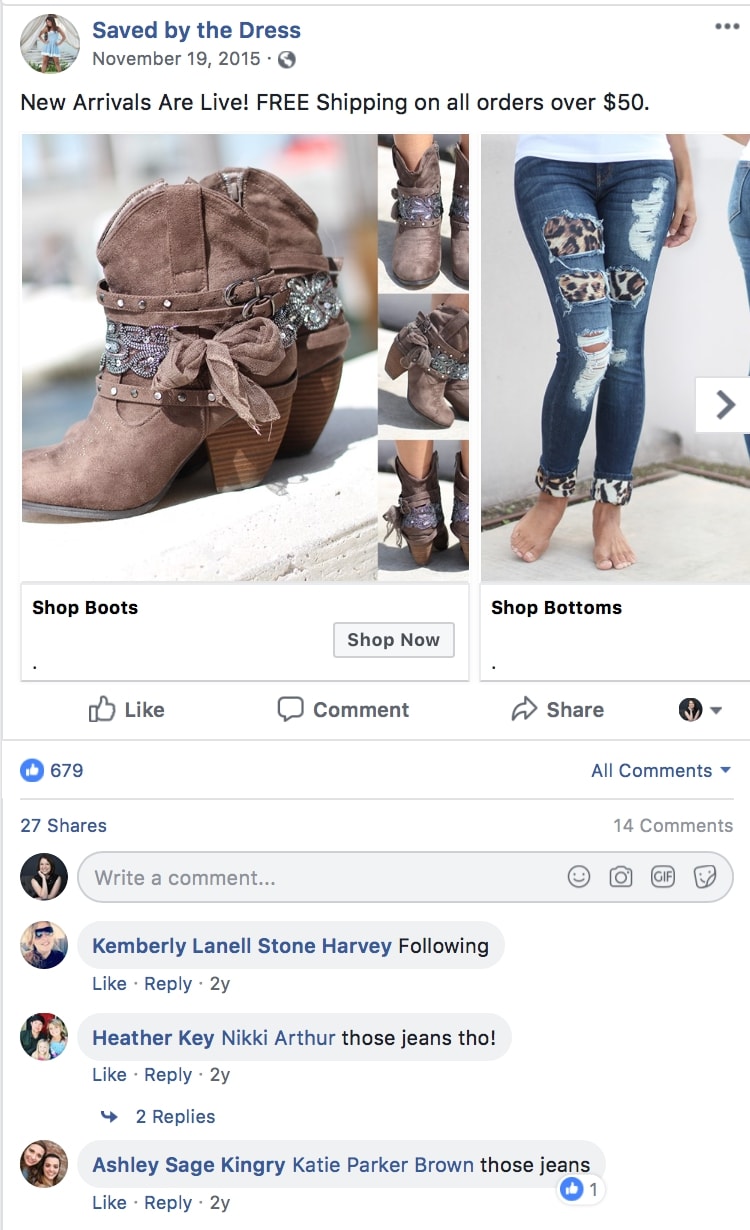
In emails
Email is another great place to use social proof to drive sales, especially with a community of subscribers that are warmed up to the idea of buying from you.
Consider including raving customer reviews about specific products in your email design, alongside an image of that product and even the name of the customer if you have permission to do so. You can even choose a subject line such as, “See what our customers have to say,” to capture interest and increase open rates.
Old Navy frequently uses this strategy to drive more sales. They showcase a specific product and then handpick a few positive reviews that are sure to appeal to their email list.

Social proof through email can grab the reader’s attention because it’s not something that you see all that often. So use that to your advantage.
If you really want to stay ahead of the game, create automated email programs for all your top products, incorporating reviews, and then send them out to users who viewed the products or abandoned their cart before purchasing.
On your blog posts
Content marketing is an excellent way to build trust overall, and certain strategies can help you collect and share more social proof.
You can use engagement-building techniques to drive more social proof on your actual blog posts. This includes CTAs that encourage readers to leave comments by asking specific questions or opening the floor up to let them ask you questions.
BioLite’s blog post below,for example, asks users to leave a comment sharing any questions they have. This will drive engagement, show new users that they interact with their readers, and can give them new ideas for posts all at once.
Case studies are another way to leverage customer success stories into a growing customer base. One customer or story can be used to create the proof that shows you can help other customers accomplish the same thing.
BioClarityuses this strategy well with a full clinical study featuring their product placed prominently on their site. This sets them apart from the competition in the skin care market, who might not back up their claims in the same concrete way.
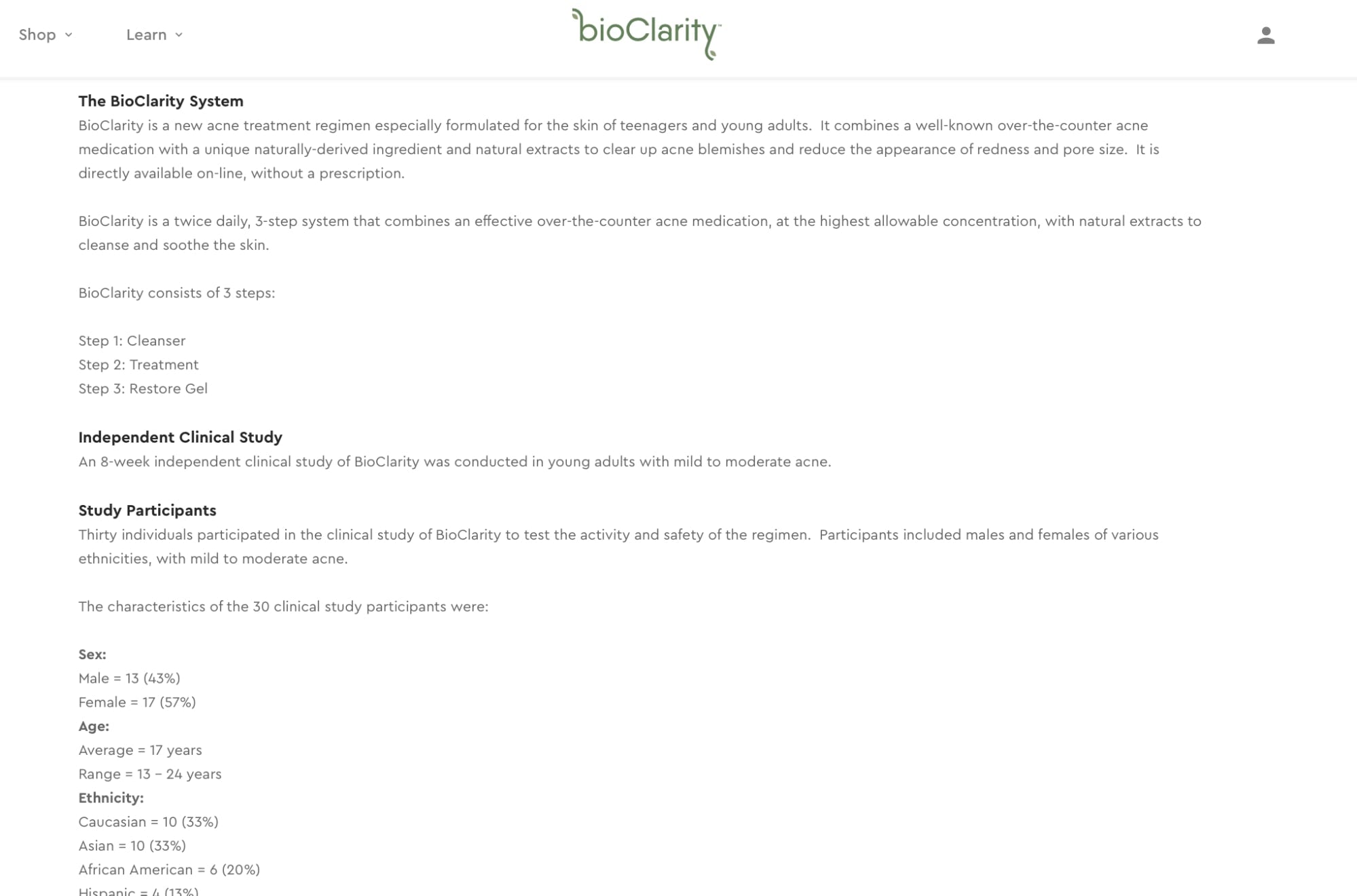
People are much more likely to read something shared by their friends or colleague. If your social sharing tool has a share counter and visitors can see that your posts were shared several hundred (or thousand) times, that’s going to act as a powerful motivator for others to share and read the content on your site.
Keep in mind, however, thatno social proof is better than low social proof. You probably wouldn't think much of an article with only 4 shares at face value.
Apps for leveraging social proof
There are a number of different types of social proof, and so many ways that you can leverage it. This can feel overwhelming, but fortunately there are plenty of great Shopify apps that can help you out.
Loox Reviews
Loox is a Shopify app that will automatically send emails to your customers asking for reviews, even offering discounts if they leave reviews with photos. It then makes it easy to showcase your reviews (and the pictures!) in galleries that can be placed on any page in your store, including the homepage, your product pages, or a designated review page.
Facebook Reviews by Omega
Already have some social proof on Facebook and want to leverage that for your site? Facebook Reviews by Omega allows you to display your Facebook reviews and ratings on your Shopify store, making it hyper-visible to users who are unfamiliar with your brand, bridging the gap between off-site and on-site social proof.
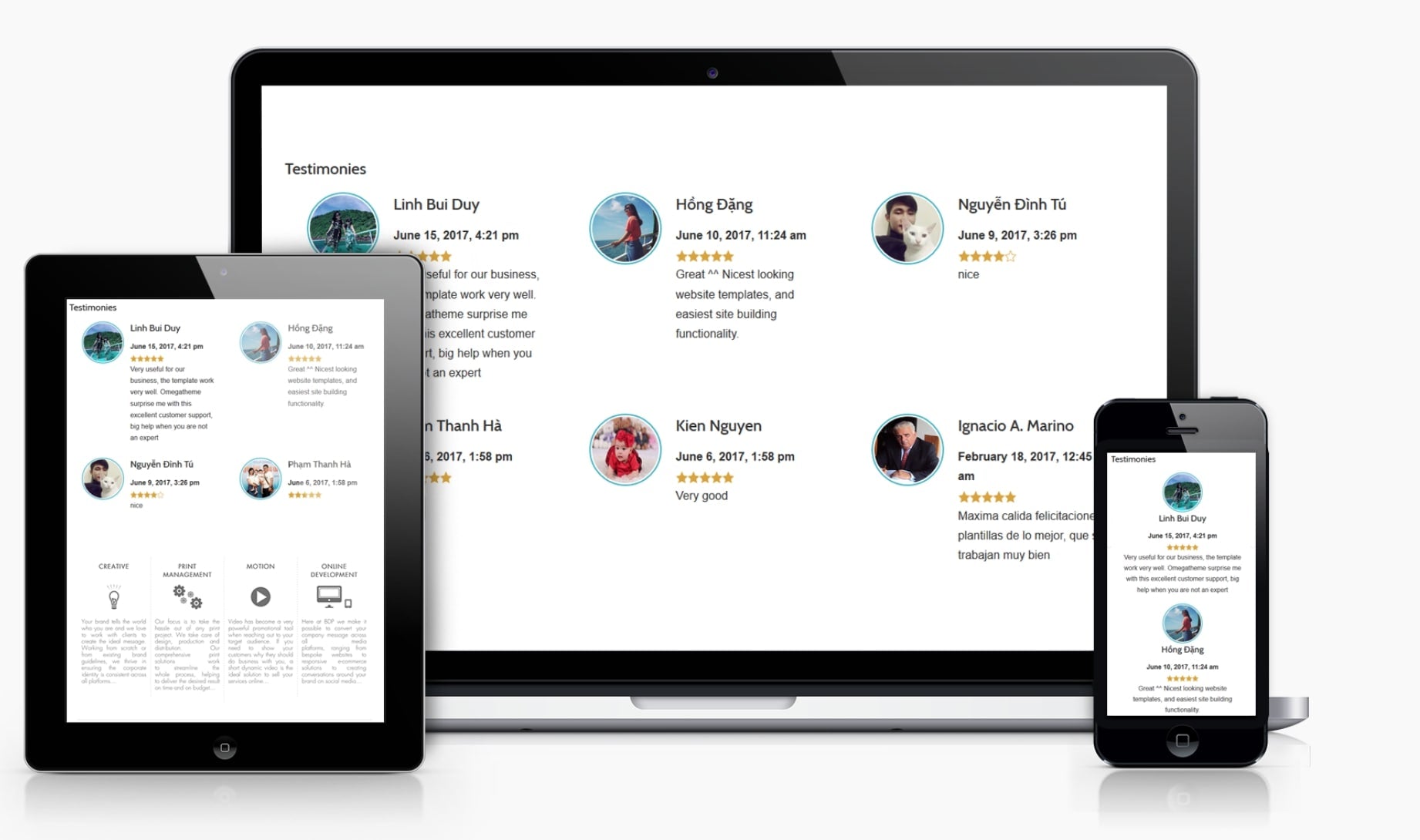
Fera.ai
Urgency is a reminder to customers that the deal they see today might not be available tomorrow. When products go out of stock, when sales or seasonal deals end, or if a limited edition product is being taken off your storefront, it can be useful to let customers know so they don’t miss out.
Fera.ai can help with this by showing shoppers:
- The current numbers of viewers on the site
- If an item is low in stock
- Recent orders on your product detail page
Social Sharing Buttons by Zotabox
Want to get more shares on your content and product pages from your customers? You can increase the amount of shares your site receives by placing social sharing buttons on your pages and images. There are also social share counters that you can place on your content, showing other users how many times your content has been shared already and encouraging them to do the same.
This is a free plugin with premium upgrades available. It has other great features that make it valuable for other purposes, too, like Facebook live chat support.
Press Kit Hero
If you want to get the word out about your site quickly, this plugin can help you do just that. It helps you create a professional press kit for bloggers and journalists, making it easier for them to write about you.
It will also make it easy for you to display the mentions and social proof you’ve already received on your site. This ensures that any press mentions get a second, more permanent life on your website too, not just in the original media outlet where they appeared.
Many new users would feel better about a brand they just discovered if they saw that it was featured in a recognizable publication or by their favorite blogger, so this could yield huge benefits when done properly.
It’s all about the authenticity
Social proof is about selling through trust, reputation, and authenticity. One key lesson many entrepreneurs quickly learn is that a happy customer can outsell even the most compelling copy.
That’s what makes social proof so special. The more value you provide customers, the more willing they are to encourage others to give your business a chance.
In many ways, making the most of social proof comes down to taking an honest look at your business—your past customers, milestones, or big wins—and finding ways to distill those moments into compelling marketing messages.
Don’t have any social proof yet and wondering what to do?Learn how to build trust with zero sales.




